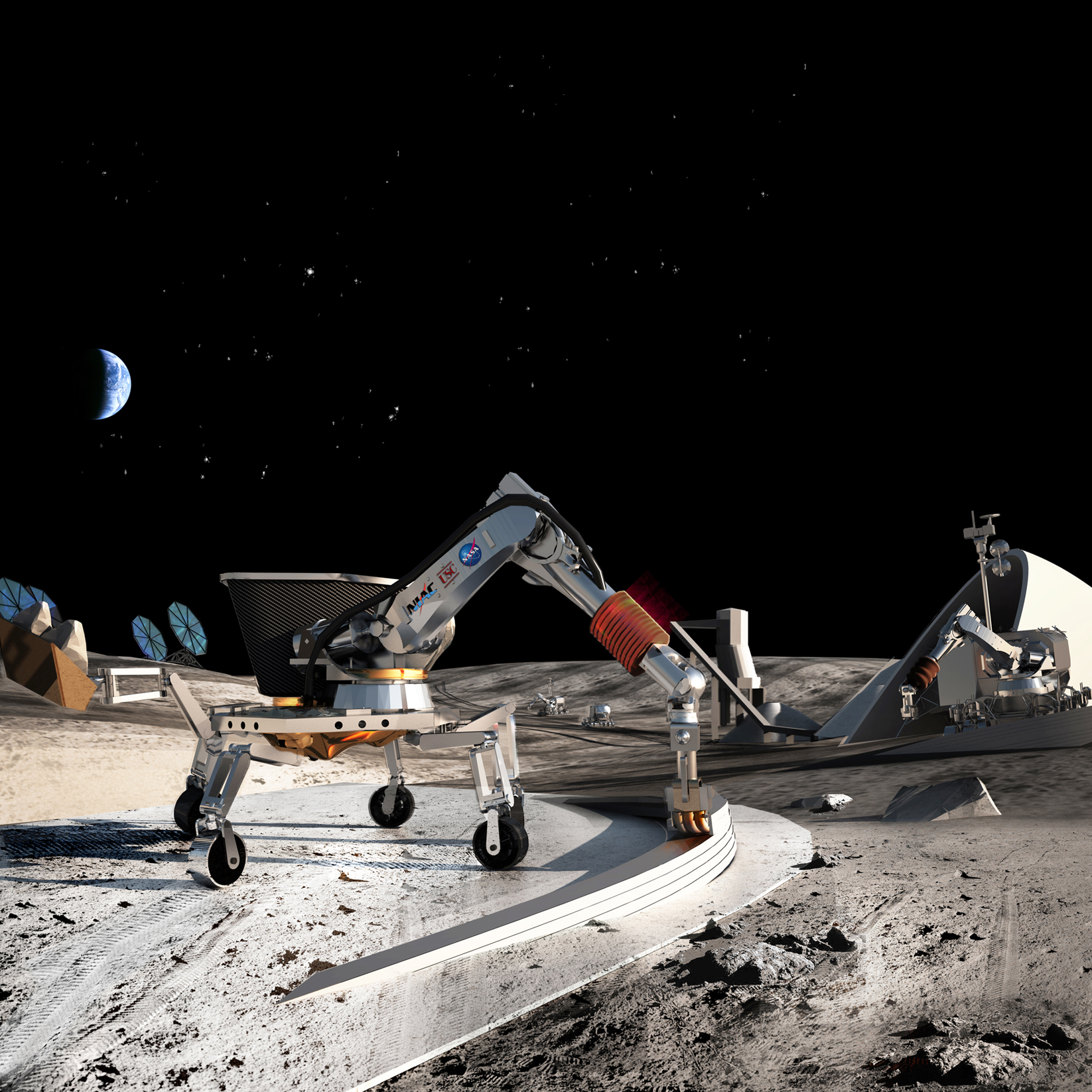STEM Career Connections
ENGINEERING: Environmental Engineering

Work Description
Environmental engineers use the basis of engineering, soil science, biology, and chemistry to develop solutions to problems in the environment. Some of their efforts involve recycling, waste disposal, public health, water and air pollution control. Many are engaged in solving practical, yet global issues such as unsafe drinking water, climate change, and environmental sustainability.
Environmental engineers conduct work in hazardous waste management which evaluate the significance of hazards and advice on treating and containing it. Some engineers study was to minimize the effects of acid rain, global warming, automobile emissions, and ozone depletion.
Why is this job Important?
Environmental engineering is tasked with the prevention of harmful chemicals and biological contaminants from being released into the air, water, and soil. Their efforts help to improve recycling, waste disposal, public health, and controlling water & air pollution.
Education
Environmental engineers typically require a bachelor’s degree in environmental engineering or environmental engineering technology. All states and the District of Columbia require environmental engineers who sell services to the public to be licensed.
Related Fields
NASA Connections
NASA Job Title Examples:
- Mechanical Engineer
- Research Engineer
- Facilities Engineer
NASA Career Links:




